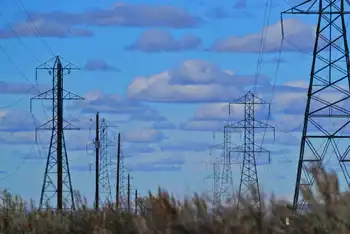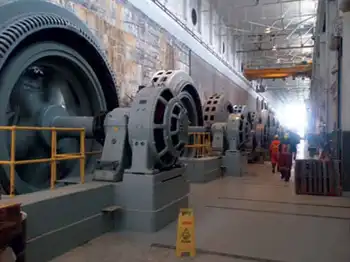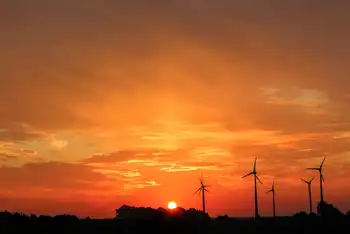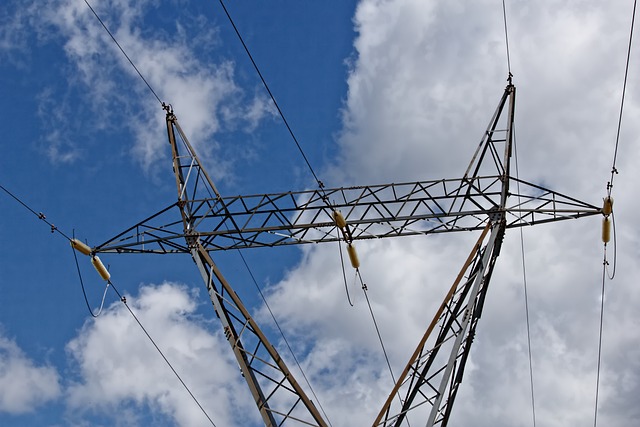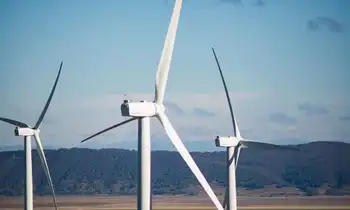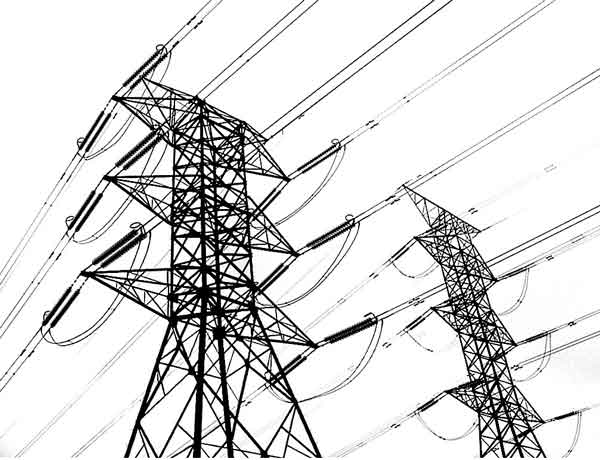Picky investors slow voluntary CO2 offset buying
By Reuters
High Voltage Maintenance Training Online
Our customized live online or in‑person group training can be delivered to your staff at your location.

- Live Online
- 12 hours Instructor-led
- Group Training Available
"The market hasn't changed much, it is quite quiet. Buyers prefer renewables but it is taking a long time to get something into the market," said David Pontis, emissions broker at Tullett Prebon.
Large investors want to buy renewables and are looking at Gold Standard or African projects, he added.
"I have the perception that buying activity, or the intention to buy, has increased in 2010. I have seen an increasing interest in Voluntary Carbon Standard and land use and forestry credits," said Juan Pablo Castro at climate advisory company Climate Focus.
Brokers at MF Global have experienced demand for Indian wind voluntary carbon standard credits and say buyers are bidding 10-20 kilotonnes of very specific, or larger, less specialised clips.
"Trading with a small 't' is occurring but the situation is an improvement from 2009 where demand fell off a cliff," the brokerage said in a research note.
Transactions are slow to come to completion because several players are signing purchasing agreements to buy verified emissions reductions only when they have agreements in place with the buyers, Grattan MacGiffin, head of voluntary carbon markets at MF Global, told Reuters.
"Good brokers will clear through the mess and match the buyer with the seller but a lot depends on the seller," he said.
The unregulated voluntary market operates outside mandatory emissions cut schemes such as the United Nations' Clean Development Mechanism or the European Union's Emissions Trading Scheme.
It relies on businesses to self-regulate their carbon emissions in the absence of a legally binding climate agreement and individuals' need to offset their carbon footprint.
U.S. organization the Climate Action Reserve has adopted two new offset project protocols for the destruction of ozone depleting substances (ODS), it said.
"Because of the potency of ODS as greenhouse gases, projects developed under these protocols will provide substantial environmental benefits while generating offset credits to the carbon market," said Linda Adams, chair of the CAR board of directors.





